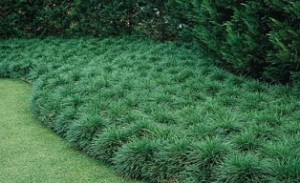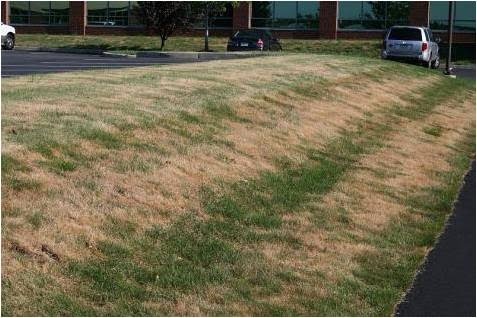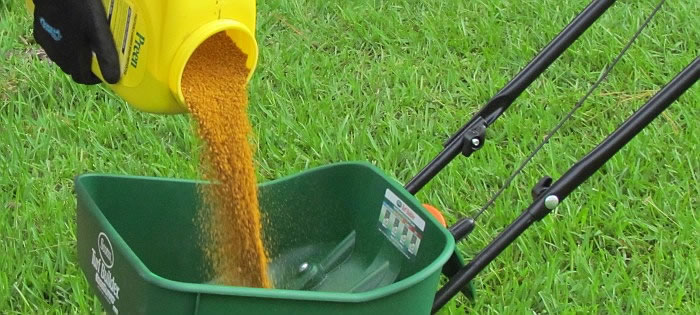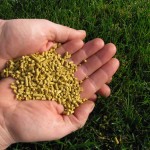Why not explore different options for lawn maintenance? What can you do with your lawn to help give back to the earth?
Think reduce, reuse, recycle, or renew natural resources
When mowing lawn grass, keep all equipment in good condition. Keep the motors running smooth, the blades sharp, and the deck higher. Mow around 3 -4 inches in height. Why? Mowing higher helps produce stronger root systems in your lawn. Strong roots return healthier fuller grass. It actually even reduces the interval between cutting time. And the best part – higher grass shades out weeds. Less weeds and more grass is what we are all looking for. right?
Return grass clippings back to the lawn as you cut. Mulching or composting them back to the soil is a 100% guaranteed method to promote a healthy lawn.
Chemically treated grass clippings are best kept on the lawn to break down herbicides over a six-week period. Rethink chemicals. Reduce using chemicals to save time, money, and reduce toxic pollution. Stop killing beneficial life: microorganisms, bacteria, fungi, insects, and worms. They all recycle organic materials back to the soil. These little creatures are nature’s balance in a fascinating world under our feet.
Compost Piles
Reuse leaves, collected clippings, egg shells, mushrooms, coffee grounds, and so forth by creating a place on your property to recycle them. The best place for a compost pile is in the shade. Shade helps to keep the compost moist. Renew plant waste by making black composted soil in your yard. Be sure to turn your compost pile every few weeks. A lot of purchasable compost containers have a turning feature that flips the compost easily.
Compost can be used as mulch around tree trunks, be careful to avoid touching the bark of the tree itself with the mulch/compost. Mulching right up to the bark of the tree can develop disease and insect problems.
Use the compost in your flower beds and vegetable gardens – the rich nutrients from the compost provide tons of benefits.
Rethink your lawn layout – save yourself money
Do you have a large property where it is hard to keep up with grass growth? To much money spent on lawn care services – or gas mowing it yourself? Think about adding ground covers, trees, or shrubs to your property.
Finding low maintenance ground covers is a way to add beauty to your lawn or garden while in return helping to save on lawn maintenance. Including fertilizer, water, and gas/lawn services. Ground covers are fairly inexpensive. Check your local garden center on which ground covers will work best for your area. Be sure to determine certain factors including shade & soil type.





